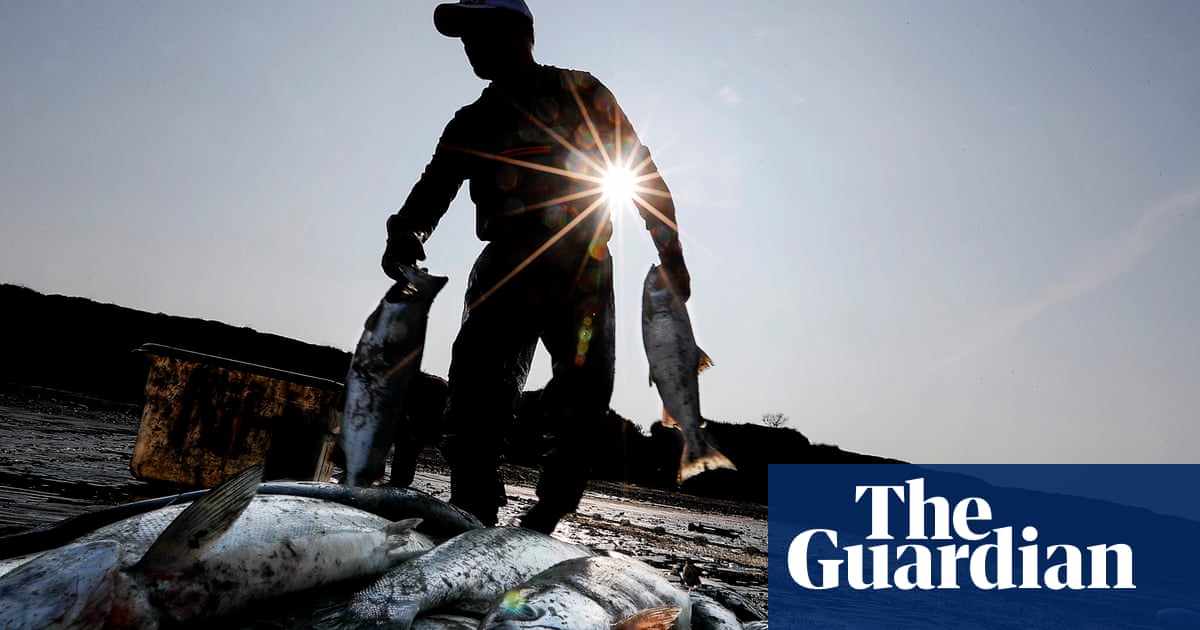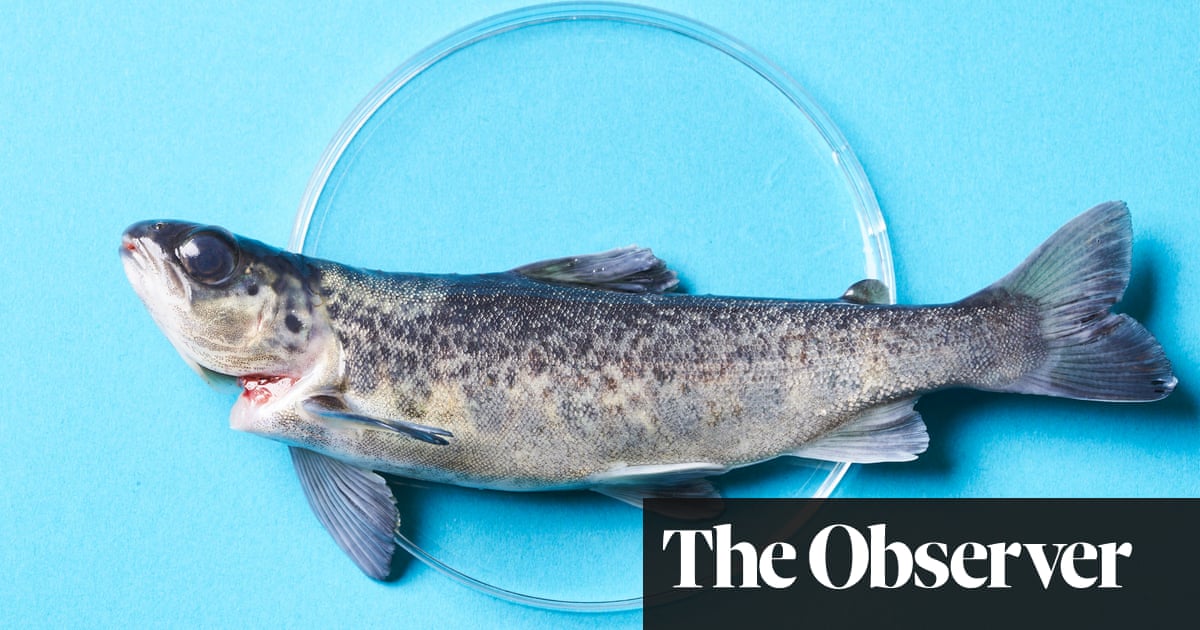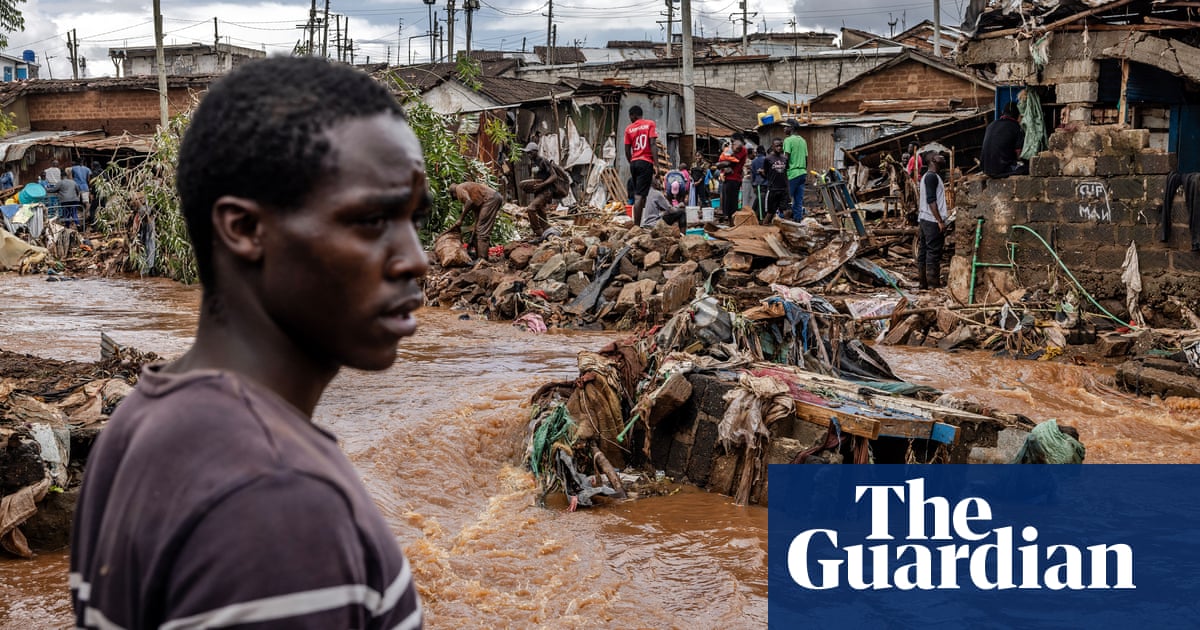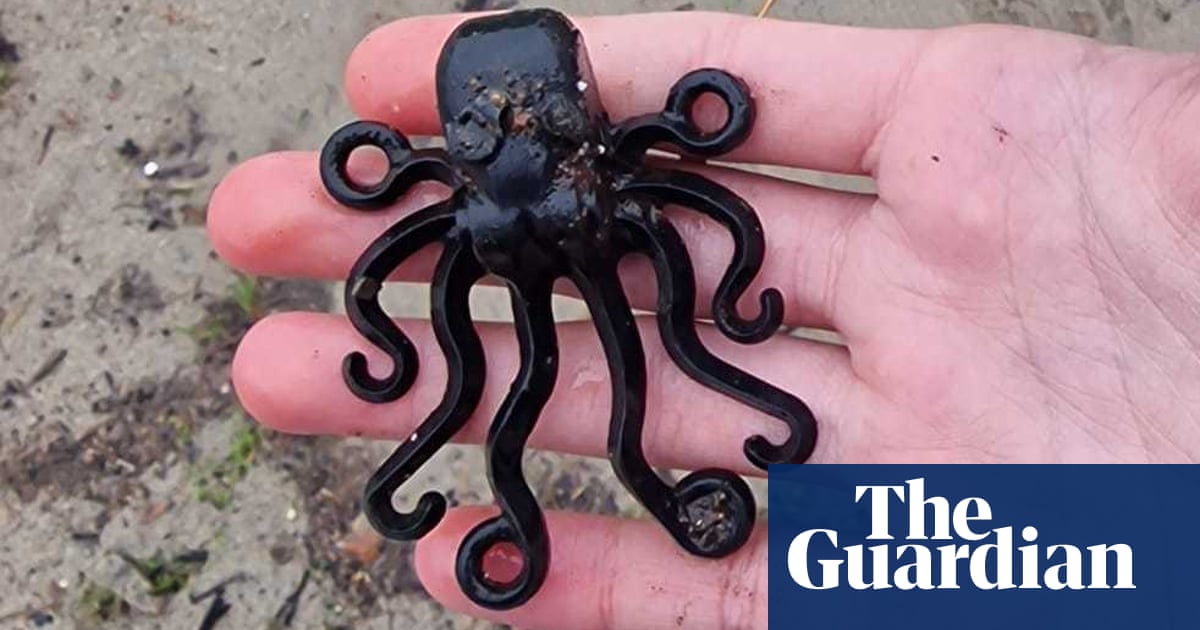Falkland Islands dispute is causing fishing âfree-for-allâ in nearby Blue Hole | Falkland Islands
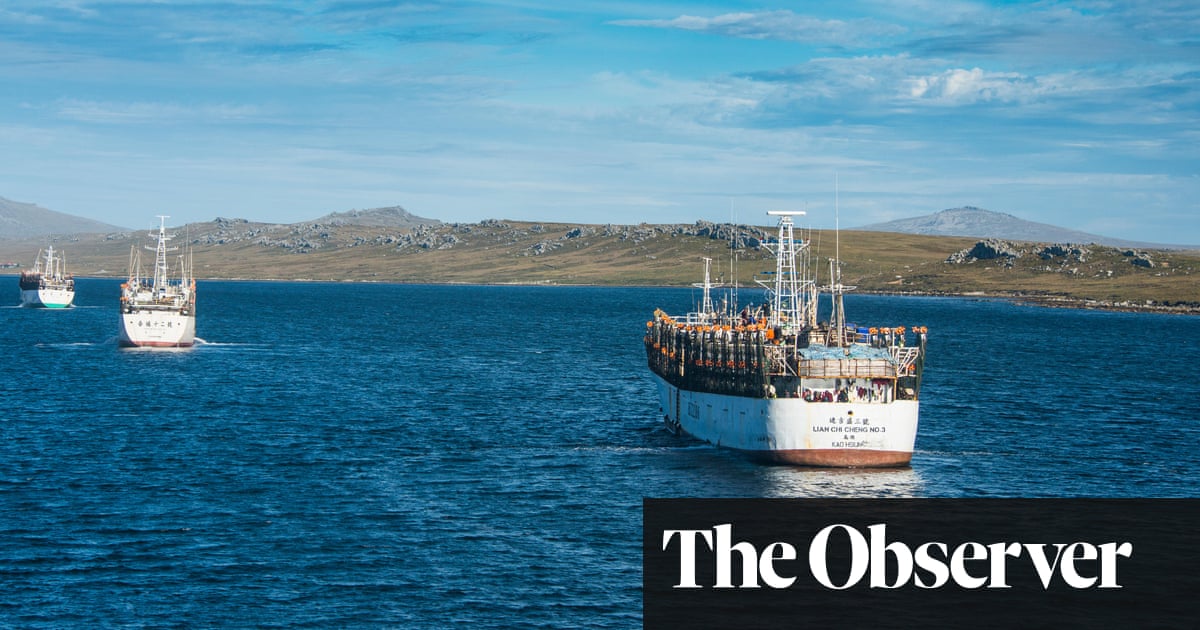

The scale of unregulated fishing in a disputed region close to the Falkland Islands has reached an âoverwhelmingâ level that is threatening fish populations and the rich biodiversity of the area, politicians and environmentalists have claimed.
The âBlue Holeâ, a stretch of the south Atlantic Ocean lying approximately 200 miles off the coast of Argentina and north of the Falkland Islands, is one of the only areas of sea that is not covered by a regional fishing agreement.
This has created a free-for-all, experts say, where fishing fleets can trawl the ocean, largely free from regulation or oversight. The number of vessels operating in the area has soared in recent months. According to routine monitoring carried out by the government of the Falkland Islands, at the end of January, more than 400 vessels were fishing in the Blue Hole. At the end of November, only 80 vessels had been observed.
âThis overwhelming unregulated activity is disastrous,â said Teslyn Barkman, a member of the Falklands legislative assembly. âItâs unreported, unrestricted but legal due to a lack of regional agreement as to how the area should be managed.â
Most of the ships were Chinese, the government said, with many turning their trackers off when entering the area, which made their activities difficult to quantify.
Fishing vessels must be licensed by their home country and follow the rules set by their governments. However, across most of the world additional protections are offered by regional fisheries management organisations (RFMOs).
These are international bodies made up of countries with a stake in the area and provide an additional layer of protection from overfishing.
The Blue Hole is unique in that it sits in the middle of a geopolitical dispute between Argentina and the UK over the sovereignty of the Falkland Islands, known as the Malvinas in the South American country. The islands are a British territory and in 2013 the residents voted overwhelmingly to remain so. However, Argentina also claims sovereignty and invaded the islands in 1982, resulting in a brief war in which nearly 1,000 people lost their lives. This dispute has made diplomatic relations difficult and has hampered the development of an agreement on fishing.
Rhys Arangio, an executive officer at Colto, a trade body for fishing companies in the area, said the organisation supported the establishment of an RFMO but that geopolitics âgets in the wayâ.
Alex Reid, who manages a squid fleet, said the lack of protection had created âa free-for-allâ. âIt is a bad situation for the whole region but, until now, regional politics have not been savvy enough to make sensible arrangements for managing the area.â
Reid added: âThis means that resources are now being fished by a vast amount of vessels of many nationalities and stocks are being depleted.â
Janet Robertson, the chief executive of Consolidated Fisheries, a company based in the Falkland Islands, said the âever-growingâ number of Chinese fleets had created a âserious riskâ for the sustainability of squid populations. â[These are] of substantial economic importance to us,â she said.
The sale of fishing licences accounts for about two-thirds of the Falkland Islandsâ economy, making it the most important industry in the area.
The islandsâ government estimates that about half of the calamari consumed in Spain originates there.
Overfishing threatens not only the species of fish being targeted, but also the wider ecosystem. Hernán Pérez Orsi, from Greenpeace Argentina, said the Blue Hole was a âkey spot for biodiversity, not just in the region but across the worldâ.
The lack of data sharing between the islands and the mainland also made it difficult to properly monitor fishing across the entire region, Barkman said.
While some Argentine administrations had engaged, she said, âunfortunately, more have removed themselves from discussions or created new barriersâ.
Orsi said that while there had been attempts at data sharing, these had not developed into an agreement. âItâs a shame, because in the end it is the fish population that suffers,â he said.
Source link

